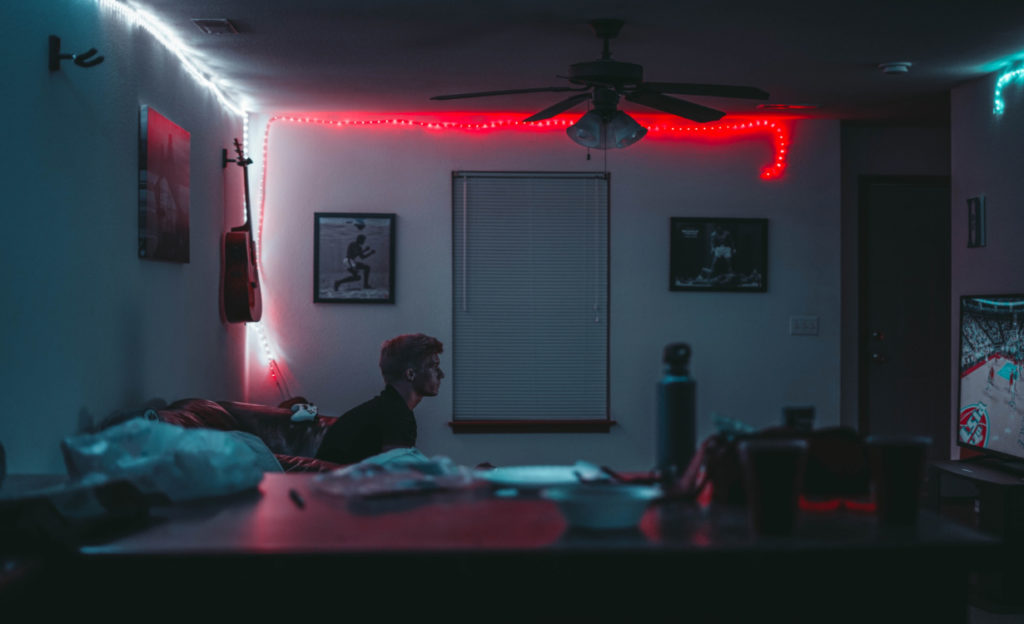
Not much explanation is needed when we say that 2020 has been a crazy year, we’re facing the Covid-19 pandemic, earthquakes in New Jersey and the wildfires raging across western US.
It’s no surprise that people have started a #SignsTheApocalypseHasArrived conversation on socials lately.
Research by Bio Med Central (BMC) shows that since the world went into lockdown, there have been increases of people experiencing several symptoms of mental trauma: emotional distress, depression, stress, mood swings, irritability, insomnia, attention deficit hyperactivity disorder, post-traumatic stress, and anger to name a few.
If you add the countless other disasters happening during 2020, we could easily be sitting in a minefield of stress triggers.
Are you feeling overwhelmed by 2020 yet?
For those who say “YES!” it’s understandable we would be looking for coping mechanisms to help us blow off some steam or just generally decompress.
That said, we have to be on guard our coping mechanisms don’t mutate into bad habits or even worse, addictions.
If you’re struggling with addiction issues, this could be a difficult time to practice self-control. Research shows that stress is the number one cause of a relapse – ex addicts often turn to their addictions as a coping mechanism.
For many, pornography use has changed from an occasional distraction into a crippling need.
Stats show that pornography is a go-to coping mechanism for many. Since countries went into lockdown, there have been spikes in porn searches across the world: Pornhub’s global traffic reported a record 12% increase earlier this year.
If porn has become a menacing distraction you would like to kick, we have some resources to help.
Not convinced porn use is a problem? Need a little motivation? Check this out:
Need a little inspiration to get started? Check this out:
Need help to kick porn? We have the tool for you:
If you find these resources helpful and want to help us wage war on the porn industry, considering supporting our work!
